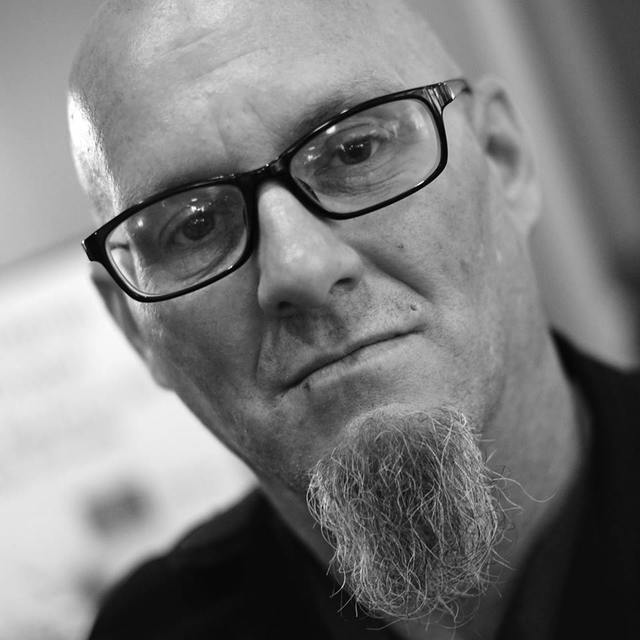Knapp: Obamacare, things fall apart
The Patient Protection and Affordable Care Act, aka “ObamaCare,” was intended to dramatically increase the number of Americans with health coverage while “bending the cost curve” (that is, reducing the expected increases in price over time).
The plan managed the first goal, at least in the short term. Unsurprising, isn’t it, that more people get coverage when the law requires them to buy it, penalizes those who won’t, and subsidizes those who can’t afford to?
But the progress on that metric is beginning to disintegrate and we’re moving in the other direction. Bloomberg reports that 1.4 million Americans in 32 states will lose their health plans next year as major providers pull out of the ObamaCare “exchanges” because they’re losing money.
Apparently a business has to take in more than it spends if it wants to remain a going concern. I’m sure I’ve read that somewhere.
As far as “bending the cost curve” is concerned … well … according to the US Department of Health and Human Services, cited by US News & World Report, average premiums rose by 7.5 percent last year and will rise by 25 percent in 2017. Price inflation for most consumer goods over the 2015-2016 period averaged a little more than 1 perecent. Forgive me for thinking that when costs increase at 7-to-25 times the rate of inflation, that’s not really a lot of “bend” to the “curve.”
In 2009, I described (the then notional, yet to be passed into law) ObamaCare as “[g]overnment feeds you to the insurance companies, while simultaneously feeding the insurance companies to you. The state takes home a doggie bag.” Which is about the size of it, and I was far from the only person who noticed and warned that the plan not only wouldn’t work, but COULDN’T work, if the goal was reducing costs and increasing access to health care. Artificially increasing demand relative to supply can only have the opposite effects.
Since 2010, Republicans (who, by the way, first proposed the “individual mandate” scheme) have slowly but surely retreated from the idea of repealing ObamaCare and replacing it with nothing, instead proposing various schemes for keeping government as involved as possible in health care while pretending to “return” it to “the free market” (there hasn’t been a free market in health care for more than a century, since the American Medical Association got licensing schemes imposed by the states so that it could limit the number of doctors and thereby keep their salaries high).
Most Americans are now worse off vis a vis health care than they were six years ago. The only winners have been government health bureaucrats. And unfortunately, the politicians don’t seem to be interested in getting out of the way and letting the market fix things.
Next stop: “Single payer.”
Thomas L. Knapp (Twitter: @thomaslknapp) is director and senior news analyst at the William Lloyd Garrison Center for Libertarian Advocacy Journalism (thegarrisoncenter.org). He lives and works in north central Florida.











